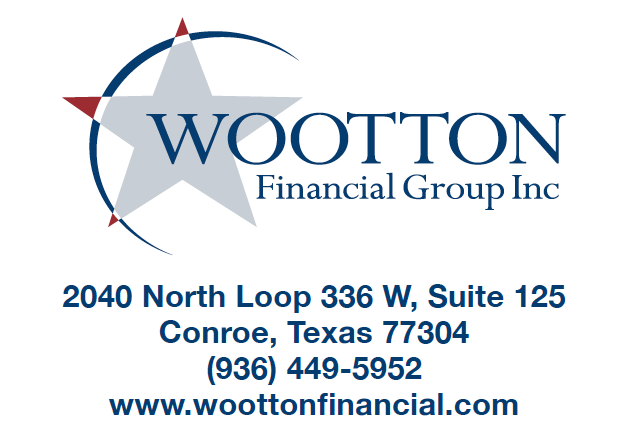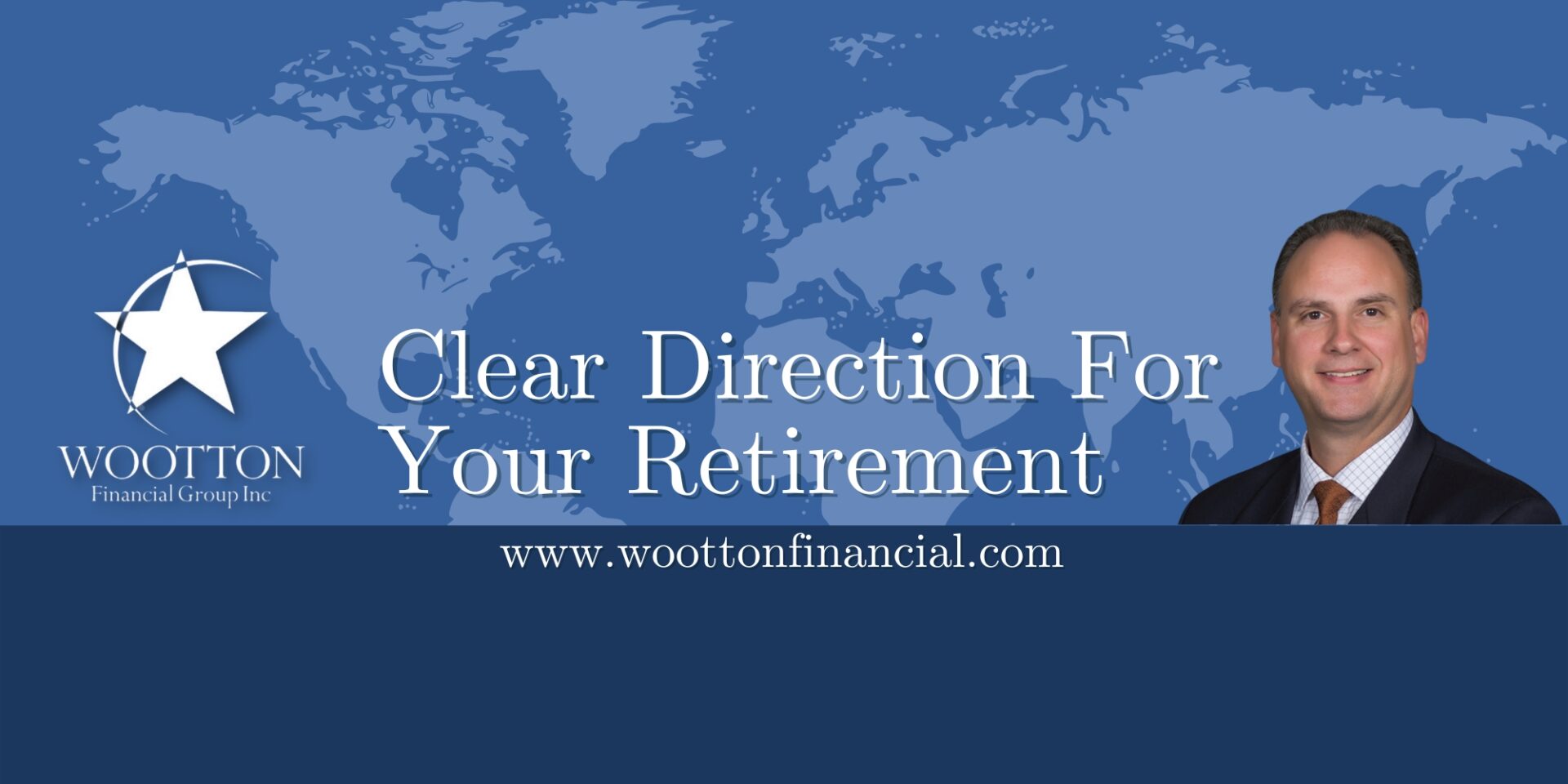The Risks and Rewards of Roth Conversions
Jump on any social media platform now days and you’ll find a financial advisor marketing his services by discussing Roth conversions, including me. Why? It’s an incredibly important topic given that we are at decades low tax rates that will expire at the end of 2025 (aka – The Trump Tax Cuts). I will say this at the outset of this article and I want you read it out loud carefully multiple times – YOUR IRA is an IOU to the IRS.
After 2025, unless Congress decides to extend or make the current tax cuts permanent, tax brackets and rates will go back to their higher pre-Trump levels. Those levels are still low historically, but the opportunity to seize upon the lowest tax levels in a very long time is closing. Furthermore, if you believe what me and many others believe regarding the state of our union, our national debt and the lack of financial stewardship in government, then you conclude that taxes are going higher soon and substantially so.
The specter of higher taxes underscores the importance of getting funds out of a tax-deferred (IRA, 401k, 403b, etc.) status and into a tax-free status (Roth, life insurance, etc.) while taxes are lower. Depending on your situation, there’s many different strategies that can be used to harvest lower tax dollars today and put yourself and your heirs in a better situation with more tax control in the future. The Roth conversion option is obviously one of those and will be the primary focus in this article.
While every person’s situation can be different as to how to best execute a conversion, the theme of Roth conversions is the same with virtually everyone. That is, the willingness and ability to pay taxes today at lower rates and create a tax-free vehicle into the future. However, note that I said willingness AND ABILITY! Almost everyone is “willing” to put themselves in a better tax position (THE REWARD), the problem is that not everyone has the “ability” without repercussions (THIS IS THE RISK). I will illustrate this by way of the evaluation process we use in our office quite frequently.
When we analyze the feasibility of Roth conversions for clients, we use financial planning software to estimate and forecast the amount of total taxes one would pay over their lifetime and over their heir’s lifetimes if the money is kept in pre-tax IRA/401k’s. Once this number is known, we run it again under various Roth conversion scenarios to see whether the conversion is viable at all and if viable, what conversion timeframe is optimal (IE. should we convert $100,000 IRA all at one time or over a varying period of years). Depending on the client’s situation, it is not unusual to save our clients tens and even hundreds of thousands of dollars in taxes over a lifetime (and heirs lifetime) with a well-executed conversion strategy.
However, when any advisory firm runs this type of analysis, assumptions must be made. Herein lies the various risks of conversion. Without question, conversions will give you the reward of tax-free assets. The real question is this, will it be at the expense of another goal in your plan? Let me explain.
One common issue that we see is that if the planning software assumptions being used (like life expectancy, inflation, rates of return on investments, expense estimates, etc.) don’t factor in or at least attempt to model trouble in the future (early death, bear market corrections, higher inflation, etc.) then a Roth conversion that started as a great decision can go south in short order.
An example we see frequently is that a client converts some amount of IRA to Roth, pays taxes (lowering their investment asset base) and then a risk like higher inflation or extended lower investment returns due to the economy or Market downturn event(s) further lower the investment asset base. This can create problems making income last to their life expectancy. In seeking a tax-free reward, an unknown risk cratered the dream.
In fairness, no one knows the future and there’s risk in everything, but proper financial planning can help you prepare for the unknowns and even alleviate some of the stress in paying some larger tax bills on the front end of a conversion strategy. Don’t go it alone, get a plan. If you have IRA’s (or any qualified plan) and especially if you’re an IRA millionaire, you need to get on this TODAY! We’ve helped many over the years. How can we help you?
I hope this is helpful to your retirement journey. Call us, come see us or visit us at www.woottonfinancial.com, we’d love the opportunity to help address your questions and concerns and provide you Clear Direction for Your Retirement®.
 Investment Advisory services offered through Game Plan Advisors, Inc., a registered investment advisor. Insurance services offered through Wootton Financial Group, Inc. Game Plan Advisors, Inc. and Wootton Financial Group, Inc. are affiliated through common ownership. Neither Game Plan Advisors, Inc nor Wootton Financial Group, Inc. offer legal or tax advice. Please consult the appropriate professional regarding your individual circumstance.
Investment Advisory services offered through Game Plan Advisors, Inc., a registered investment advisor. Insurance services offered through Wootton Financial Group, Inc. Game Plan Advisors, Inc. and Wootton Financial Group, Inc. are affiliated through common ownership. Neither Game Plan Advisors, Inc nor Wootton Financial Group, Inc. offer legal or tax advice. Please consult the appropriate professional regarding your individual circumstance.
Converting an employer plan account or Traditional IRA to a Roth IRA is a taxable event. Increased taxable income from the Roth IRA conversion may have several consequences including but not limited to, a need for additional tax withholding or estimated tax payments, the loss of certain tax deductions and credits, and higher taxes on Social Security benefits and higher Medicare premiums. Be sure to consult with a qualified tax advisor before making any decisions regarding your IRA.




